According to the Recursive, online communities are the most relevant for the modern society, since we can connect with people that are hundreds, or even thousands of kilometers away, and help them in overcome certain issues and difficulties.
One of the communities that aims to help those in need is Micile Bucurii (editor's note - translated as Little Joys), which is present in the form of two Facebook groups that have more than 20.000 members in total, as well as through an NGO that focuses on educational projects for citizens and organizations.
Given the current events, Micile Bucurii decided to pause its normal operations in order to provide the much needed help to Ukrainian families instead.
What does it take to build an online community.
Well, above everything, a community is built on a specific purpose and or a topic that is of common interest to all current and future members, which will become the identity of the community.
Strong communities are also built to last, with members looking forward to building a better future for each other and for people who might join in the future.
Roxana Buzetelu, CEO at Micile Bucurii, came with the idea of building a community when she was on maternity leave and when she noticed the amount of waste her family was generating.
She said that "after I did a lot of research on what a sustainable lifestyle implies, I realized that this topic was very niched and there was little to no information online. The idea of building communities around a topic seemed very appealing to me. So, in July 2018, I started Micile Bucurii."
During the COVID-19 pandemic, Roxana took the opportunity to build a second community, called Loc de Troc (editor's note - translated as A place for Exchange), where people can exchange goods or services without resorting to money payments.
"The second community, Loc de Troc, is a “pandemic baby”. Loc de Troc is based on the barter economy; people can exchange goods or services, with no need for money. This is one of the ways in which we can encourage a circular economy", she added.
Communities can make a change
The secret to any community is engaging all its members into the common purpose and through the power of the numbers, getting them to make a noticeable change.
Roxana explained that "I feel the peer-to-peer discussions bring a lot of value in systemic change. For example, we all share best practices but also major fails from our journey towards a more sustainable life."
Communities also facilitate continuous learning for all the participants through focusing on specific topics, being curious and solving various issues.
Keeping the members engaged
In order for a community to exist for as long as possible, its members need to interact continuously, and what keeps a community together is, again, the common purpose.
Roxana explains that "engagement comes if your followers feel they are “part of it”. I really worked on that community feeling."
Also, she is convinced that rules help keeping the communities clean and put together.
"I was pretty strict with a set of principles and avoided spam of any sorts. My focus was on value, not the numbers. The numbers happened organically because of that", she added.
The leader of a community is the person who keeps the group together, the one responsible for providing the direction, reinforcing the mission as well as providing the resources necessary to start the collaboration.
During her time with managing the communities that she built, Roxana was able to identify three very important abilities that a good leader should have, which are empathy, authenticity and patience.
Communities can also lead to something bigger
And this is exactly what happened for Roxana, as she was able to found the Micile Bucurii NGO, two years after she founded the community, which enabled her to dedicate completely to the projects and to the new possibilities they brought.
Micile Bucurii NGO, focused on educational content, has recently started a secondary project, called Făurit Local (editor's note - translated to Made Locally), which encourages all sorts of local entrepreneurs are invited to share their stories.
As Micile Bucurii works on a hybrid model between an NGO and a business, the current possibility the team explores is participating in startup programs and competitions.
Through this, they hope to scale Micile Bucurii to a B2B and B2C educational platform on sustainability challenges.
 The Recursive
The Recursive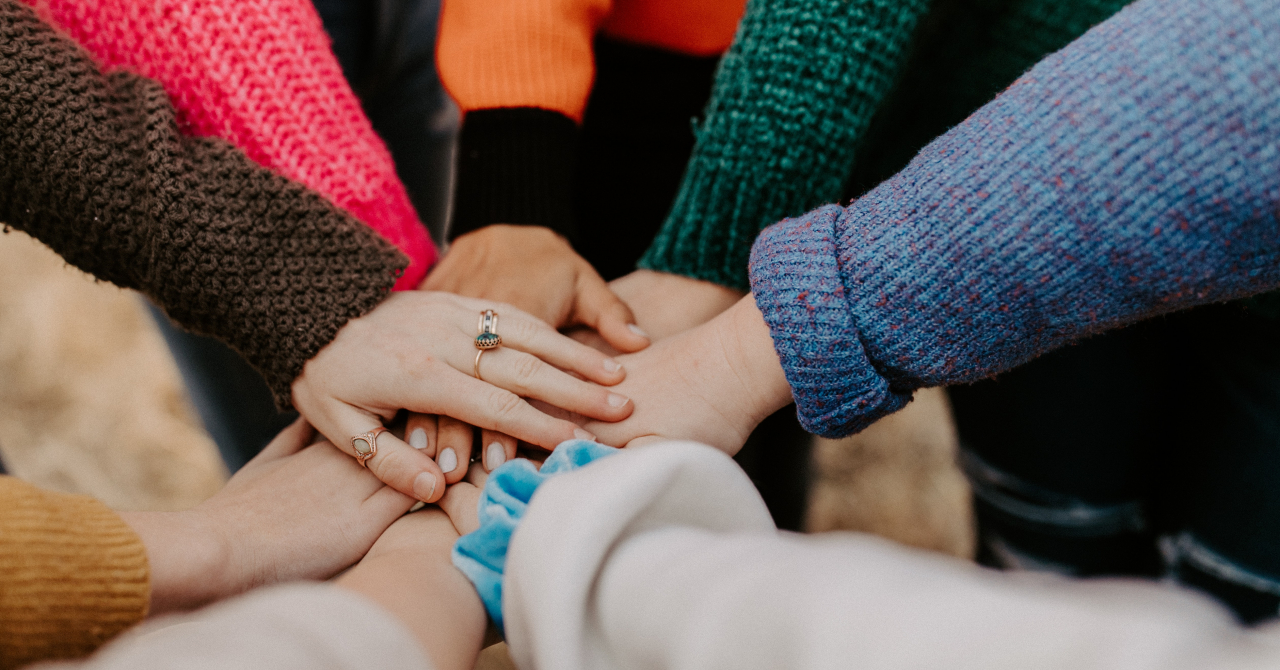


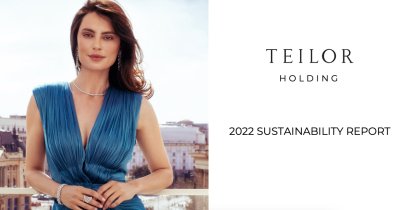



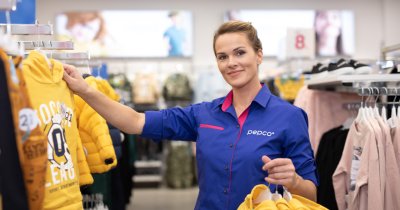
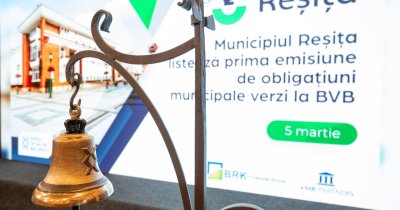



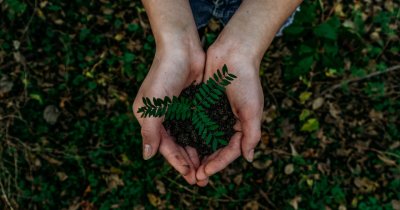
Any thoughts?